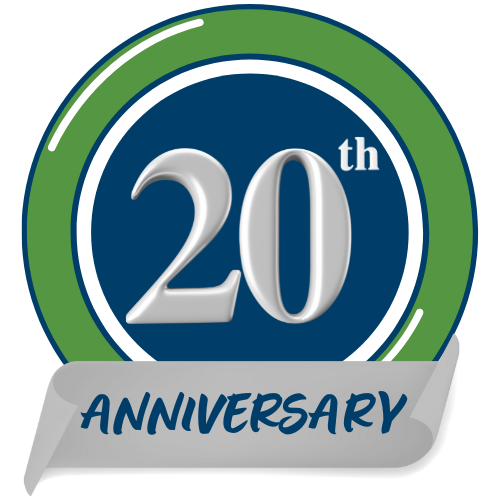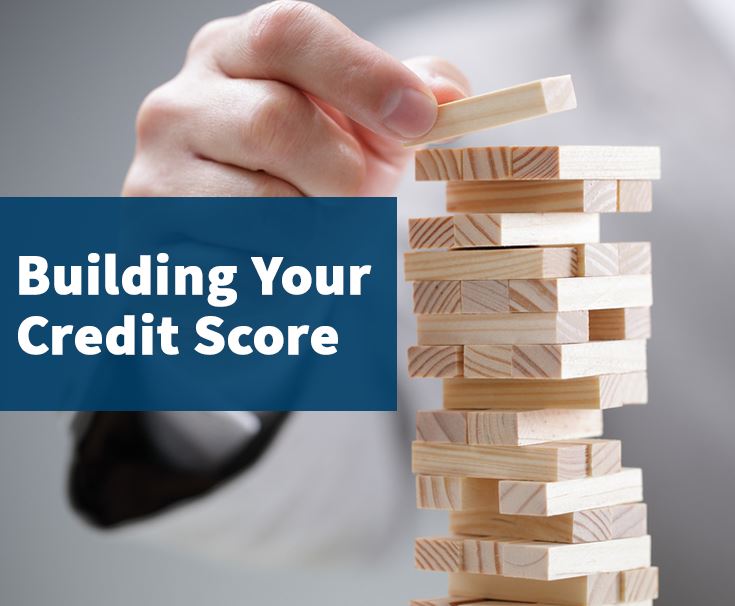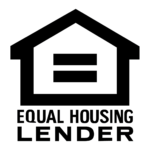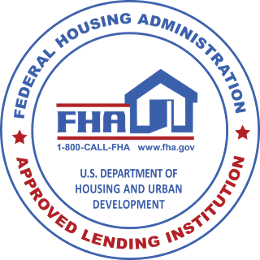If you haven’t built up credit yet, there is no time like the present to start. This is a long-term process, not something that you can change overnight, so the sooner you get going the better your chances of having access to credit when you need it.
The Consumer Financial Protection Bureau estimates that approximately 26 million U.S. adults, one in ten, lack a credit record, with another 19 million Americans have a credit record but no score.
Most of these people lack a score simply because their payment history isn’t extensive enough or is too far back to affect their current credit. Others have credit but don’t have a score high enough to allow them to borrow at the terms they want.
If you aren’t sure what your credit status is, you can get a free copy of your credit report and a free copy of your credit score so that you can assess your personal situation.
There are three major credit bureaus – Experian, TransUnion, and Equifax – that track personal credit. They publish “scores” that are meant to reflect how well you have managed your debt in the past. The goal should be to get a score of 670 or higher so that you can get the most favorable loan terms and rewards-based credit cards.
Here are some of the best ways to improve your credit score:
Get a Credit Card
Regardless of if you have no credit, poor credit, fair credit, and good credit, there is a credit card for everyone!
The goal with any card is to show that you can manage credit and budget responsibly. Get a basic card and gradually move up the ladder to cards that give you more credit access as you improve and build your credit.
Try using these cards for small, everyday items and make sure to pay on time and in full at the end of the month. After you have been paying on time for several months try to increase your credit limit. Don’t make this request if you have a big outstanding balance though, you might not get approved. Pay your balance down first.
An increased spending limit will improve your credit utilization ratio, which is the ratio of your average balance to your credit limit. You want to try to keep your balance below 30% of your limit. The lower the better.
Here are some common categories of credit cards to help you start your search:
- Limited Credit – If you have some payment history you might be able to get a store credit card. These are cards issued by retail stores to their customers.
- Student Credit Cards – These are unsecured credit cards (there is nothing that is held in case you can’t pay) that often come with a low credit limit. To qualify you to have to be a student pursuing postsecondary education.
- Secured Credit Card – This is good if you don’t have any credit. Lenders who issue these cards will hold something of yours as collateral in case you don’t pay. For some cards, you pay money upfront and it is kept in your account to use. Other cards might allow you to tap into the equity that you hold in other assets, like your car. In this instance, the title to your car would be held as collateral to ensure payment. Other secured cards might be more like pre-paid cards, which put the money into an account upfront and your purchases then draw down the balance.
- Become an Authorized User – In this instance, you are using a credit card that is in your name and tied to someone else’s account. The other person is ultimately responsible for the debt, so you are going to have to find someone that really trusts you. The positive payment history on the account will go into your credit report and be factored into your scores so make sure you partner with someone who is responsible for paying their credit card.
Take Out a Loan
Your payment history is the most important factor in building a good credit score. It accounts for 35% of your FICO (Fair Isaac Corp) score, the standard in credit scoring. Taking out a loan and making regular, on-time payments is the best way to build a payment history. Here are some types of loans to consider.
- Installment Loans – These come in many varieties, student loans, furniture loans, auto loans, mortgages, or anything where you are getting something upfront and then making payments to pay it back. Making these payments in full and on time will help your credit.
- Credit Builder Loans (CBL) – According to a recent Consumer Financial Protection Corp study, for participants without an existing loan, opening a CBL increases their likelihood of having a credit score by 24%.
The terms of these loans vary by the lending institution, but the standard premise is that the borrower is required to make payments before receiving any funds. The lender will move amounts usually between $300 to $1000 into a locked escrow account. You will then make payments, including interest and fees, in installments over a six-to-twenty-four-month period. The lender then reports these payments to the credit bureaus. The borrower then receives the money at the end of the payment period. This helps demonstrate the borrower’s ability to budget and make timely payments.
- Secured Personal Loan – Like a secured credit card, this loan utilizes the equity you have in other assets, like a car, to secure a loan and is typically paid back in installments.
- Unsecured Personal Loans – These will have a higher interest rate (because there is a more perceived risk without an underlying asset to foreclose upon should default occur) and be harder to obtain than a secured loan. Typically you will already need a credit history and lenders will look at income and the level of other financial obligations.
- Peer-to-Peer Loans – These are often personal loans offered over websites, like Proper and Upstart, that bring investors and borrowers together in an anonymous fashion. To borrow you will likely need to have some credit history, but these platforms report to the credit bureaus so timely payments will improve your credit score over time.
Have Your Monthly Bills Added to Your Credit Report
Things like cell phone bills, utility bills, and rent bills don’t automatically show up on your credit report. You can request to have these bills added to your credit report. This will allow the credit agency to connect to your bank account and track on-time payments.
Dispute Inaccurate Information on Your Credit Report
A study done by the Federal Trade Commission found that 25% of U.S. Consumers found errors that could affect their credit scores in one of their credit reports. It is a good idea to review your reports periodically and dispute any inaccuracies.
While your payment history, debt balances, and credit utilization levels are key factors in assessing your credit, the length of your credit history, your experience with different types of credit, and your recent credit transactions are influencing factors as well.
The longer your credit history the better, which is why it is good to start building credit as soon as you can. Showing that you can manage both revolving credit (i.e., credit cards), as well as installment credit (i.e., mortgage loans), helps boost your score. Recent credit transactions can also impact your score. For example, a sudden flurry of credit card applications is a red flag for lenders. It also may result in a number of hard inquiries that can hurt your credit score.
Conclusion
Building credit is a long-term process that can be implemented in a number of different ways. The key is to get a plan together and to build a budget, and a certain amount of self-discipline, into that plan. Whether it be credit cards or some type of loan, make sure you make your payments on time and in full.









